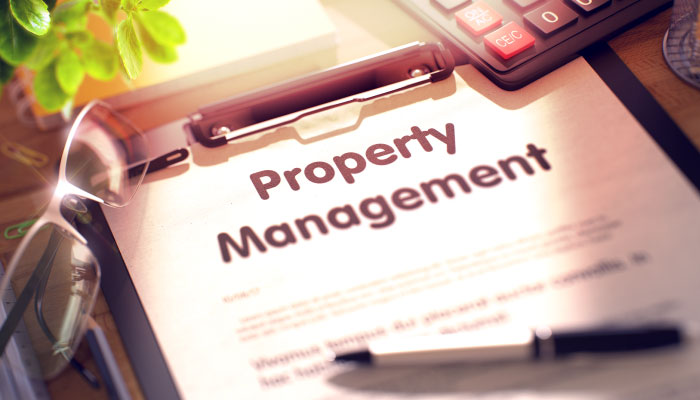From pest infestations and fire hazards to structural problems and property damage, resident hoarding causes a mountain of property management problems. And there’s one more: If you don’t handle a resident hoarding situation properly, you can face a costly Fair Housing Act violation.
That’s why it’s imperative you have an effective policy to handle resident violations, notes housing industry expert Paul Flogstad in his webinar, “Property Management Issues and How to Handle Them.” Whether you’re facing a hoarder or one of the myriad other resident issues that regularly crop up, you must also be able to address any resulting damage found during inspections, Flogstad notes.
Here are some crucial tips to deal with a hoarder—and stay compliant.
Understand that Hoarding Is an FHA-Protected Disability
Hoarding disorder is estimated to affect up to 15 million people in the United States (compared with Alzheimer’s disease which affects 4 million people), according to the Institute of Real Estate Management (IREM). And now that hoarding is recognized as a mental illness and a disability, residents who are hoarders technically have a disability that’s protected under the Fair Housing Act.
Definition: As a general rule of thumb, All Property Management (APM) states that a person is “hoarding” if the behavior goes beyond clutter and blocks doorways and emergency exits, creates hazards for other residents, interferes with ventilation or sprinkler systems, or attracts pests.
Important: Hoarding disorder is considered a subtype of obsessive-compulsive disorder (OCD), according to APM. And although residents with hoarding disorder usually don’t request a reasonable accommodation, you still must accommodate them or risk violating the fair housing law.
In other words, you must approach a hoarding situation very carefully. First, make sure that you’re actually seeing potential hoarding.
Look for Hoarding Red Flags
While you can’t really prevent hoarding, early detection will help to mitigate long-term issues, noted a Multifamily Executive article.
Do this: Pay special attention to units that are difficult to access. For instance, red flags should go up if a resident refuses entry to a unit or if an exterminator cannot treat a unit because of too much clutter.
Whether through an inspection or complaint, as soon as you suspect hoarding you should contact the resident immediately, APM advises.
What to say: Remind the resident of his lease obligations—that is, to keep the unit clean, sanitary, and free from clutter. And try to determine whether there’s a legitimate reason for the clutter, such as temporarily storing items for a relative.
Make a Clean-Up Plan that Prioritizes Safety
When addressing a hoarding situation, be compassionate. Try to gain the resident’s trust and be sensitive to the hoarding issue, IREM recommends.
Smart: Avoid using words like “mess,” “junk,” or “trash” when talking about the resident’s belongings. But at the same time, you do need to take immediate action if the resident is hoarding animals, explosives, or hazardous materials, or if he’s blocking sprinklers or emergency exits.
You should ask the resident to clean up, stressing his lease obligations, and follow up with an inspection, MFE advises. Plan ahead with actionable tasks that the resident can reasonably accomplish, focusing first on any issues that may pose fire or safety hazards, and put these tasks in an updated lease.
Crucial: Because hoarding disorder is a mental illness and protected under fair-housing regulations, you must provide the resident with extra time to complete the clean-up process as a reasonable accommodation. If the resident fails to clean up or meet the deadlines for certain tasks to bring the unit into compliance, you will have more leverage to evict. But be sure to document all communication and evidence.
Avoid a Hasty Eviction
However you handle a hoarding situation, do not immediately evict a resident, IREM warned. That’s a big mistake.
Instead: You must search for solutions to protect the property while accommodating the resident, and ideally, you should consult a fair-housing attorney as soon as possible.
Key takeaway: Whatever type of property management issue or resident violation you’re dealing with – hoarding behavior or otherwise – always document your actions thoroughly—including notices submitted and communication exchanged, Flogstad stresses. If you end up in court or with a HUD complaint, this documentation could save you from serious adverse consequences.




